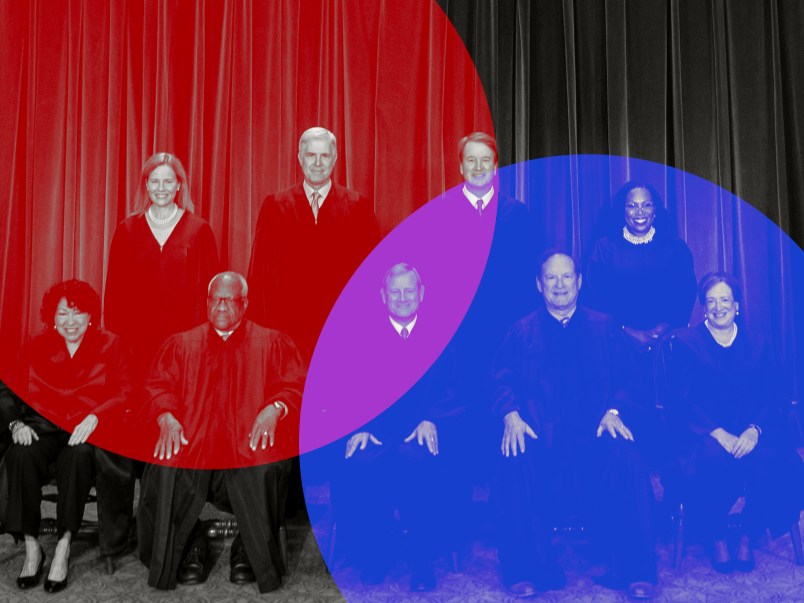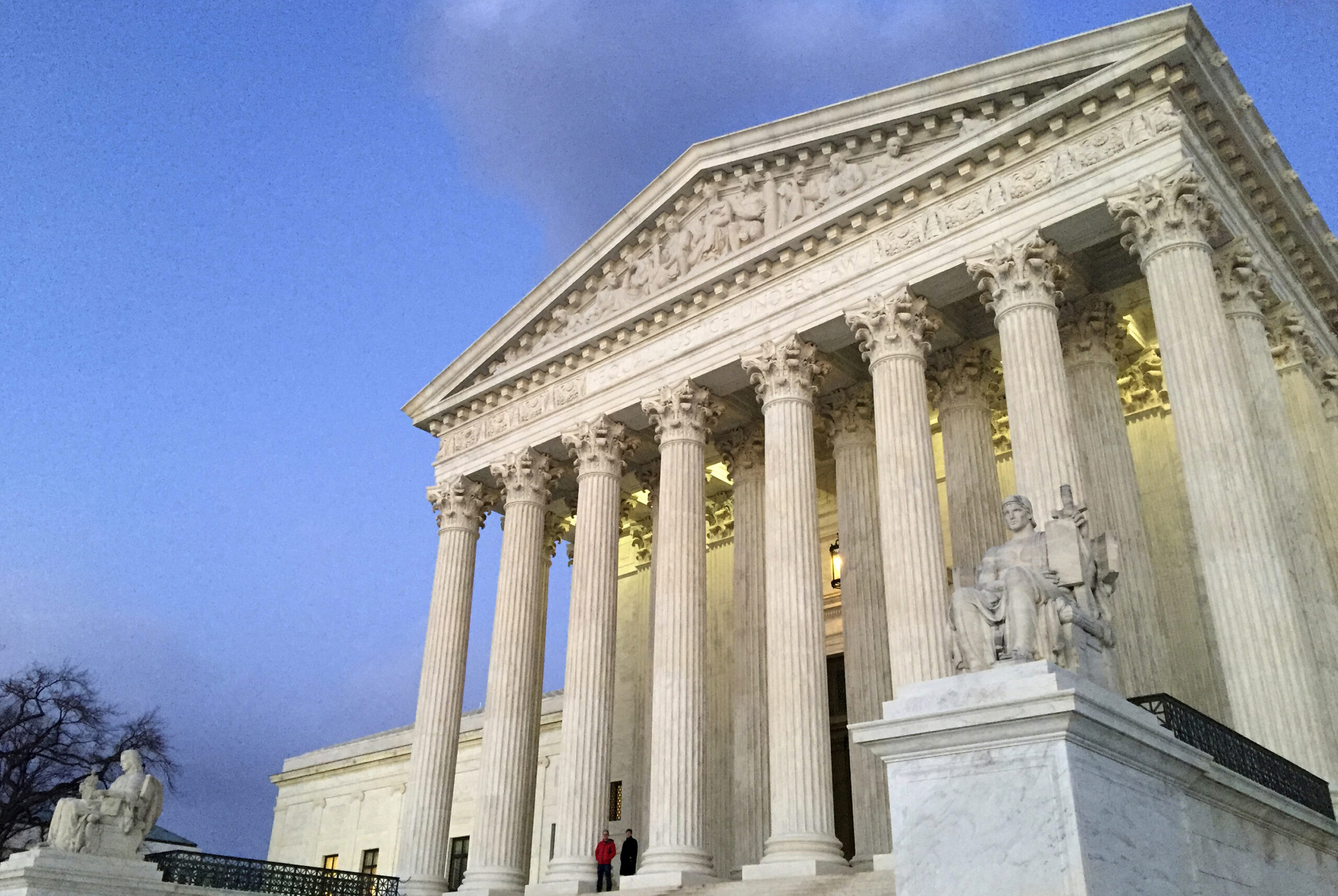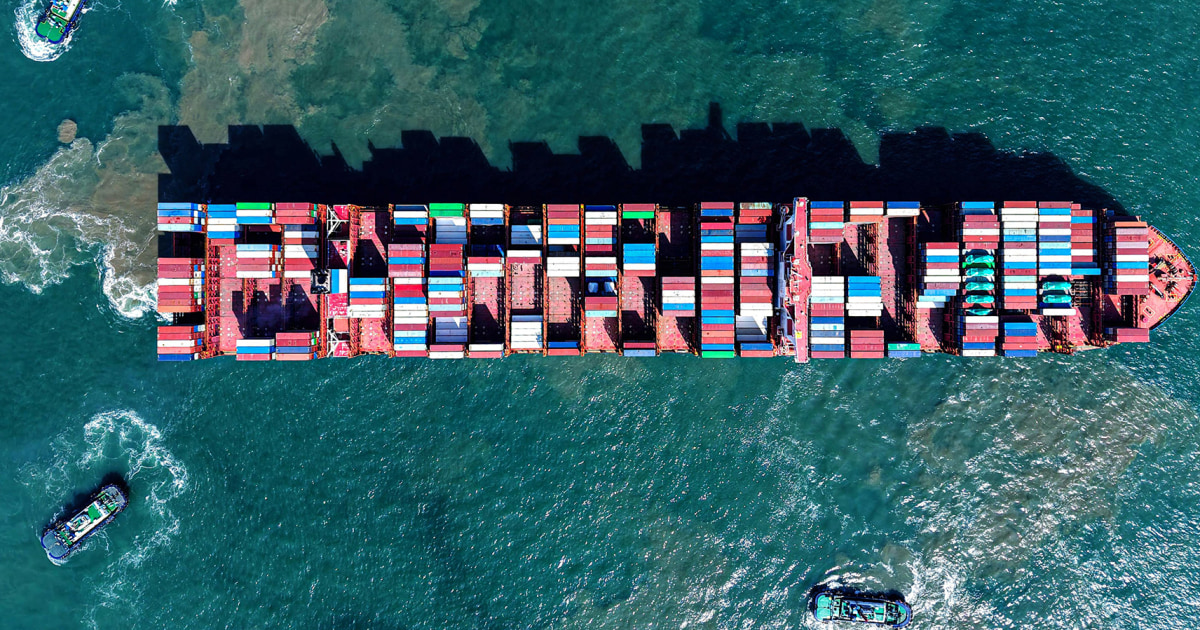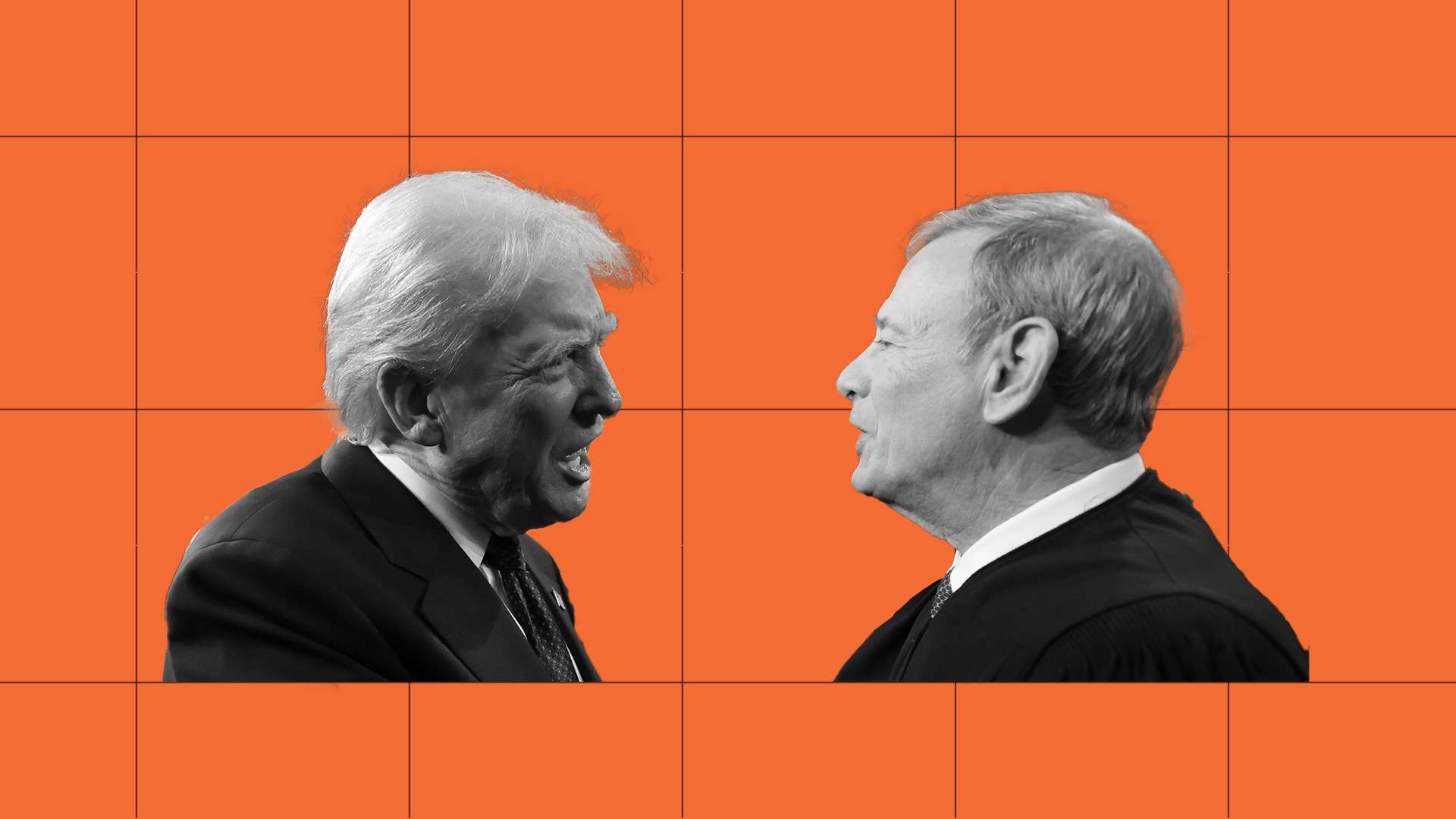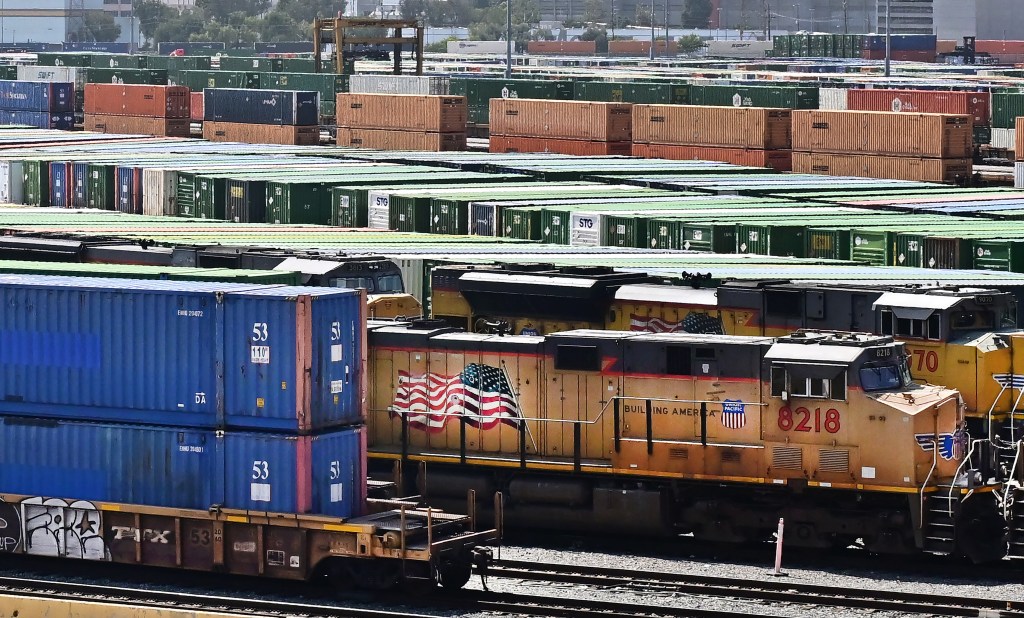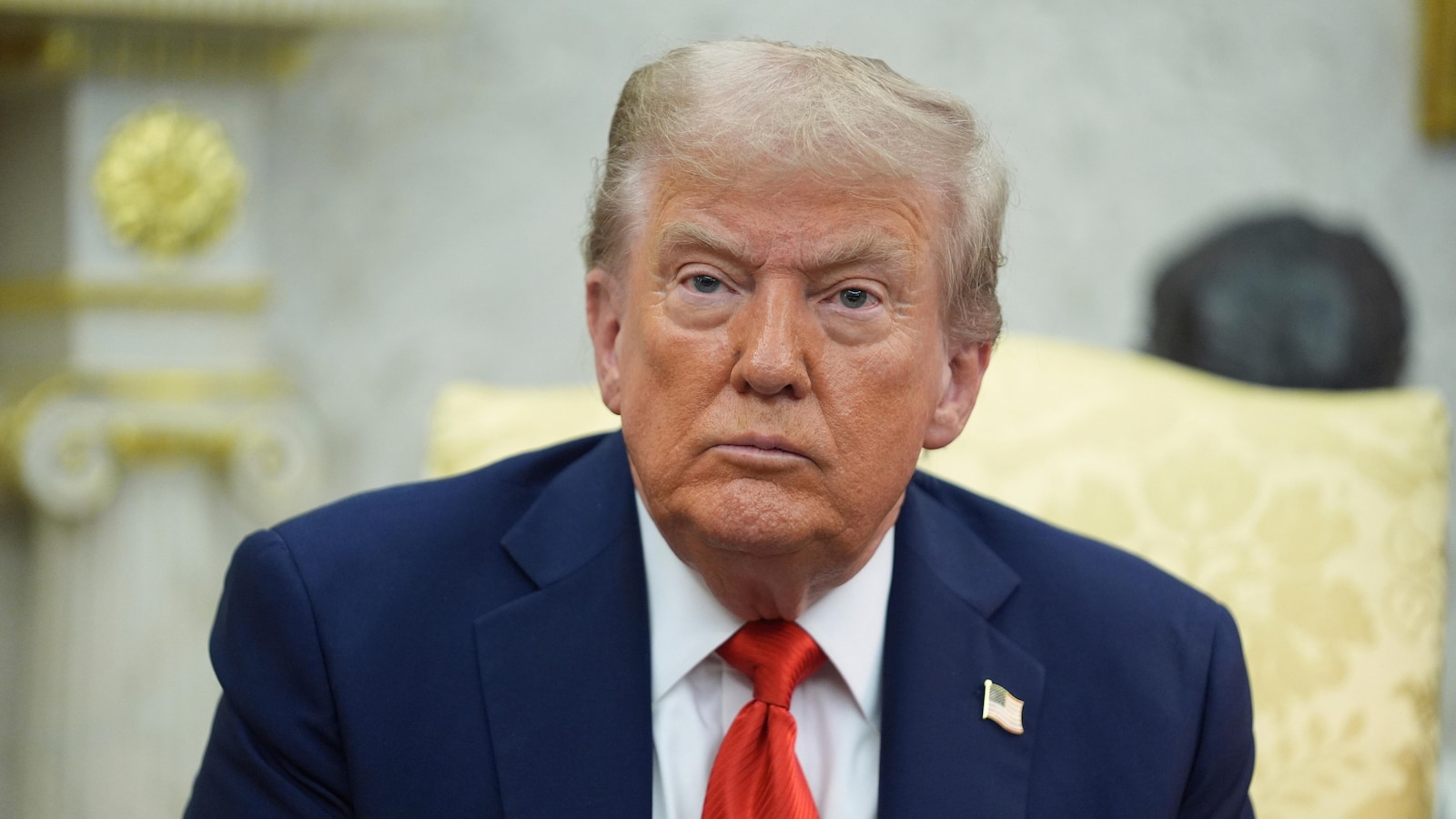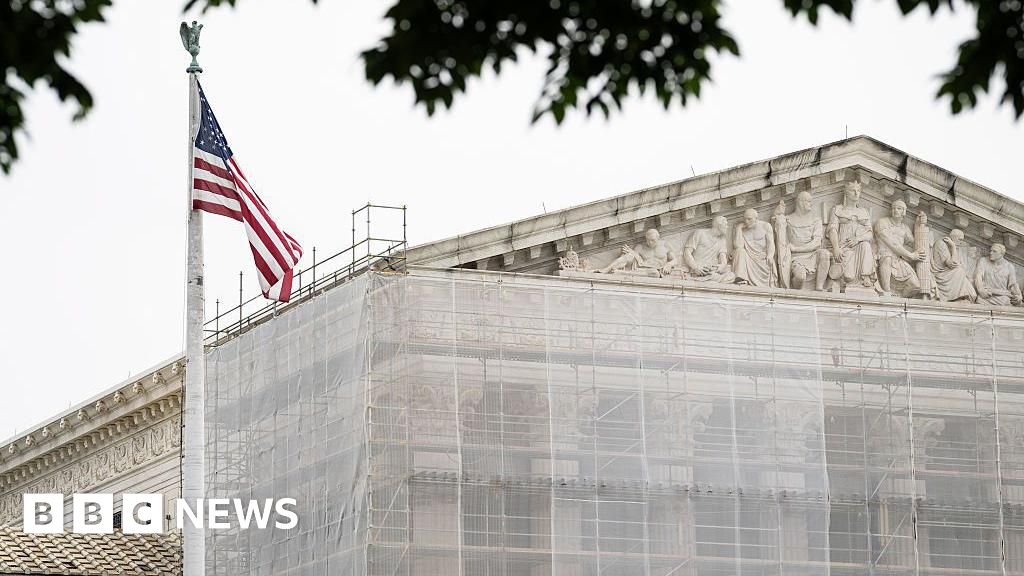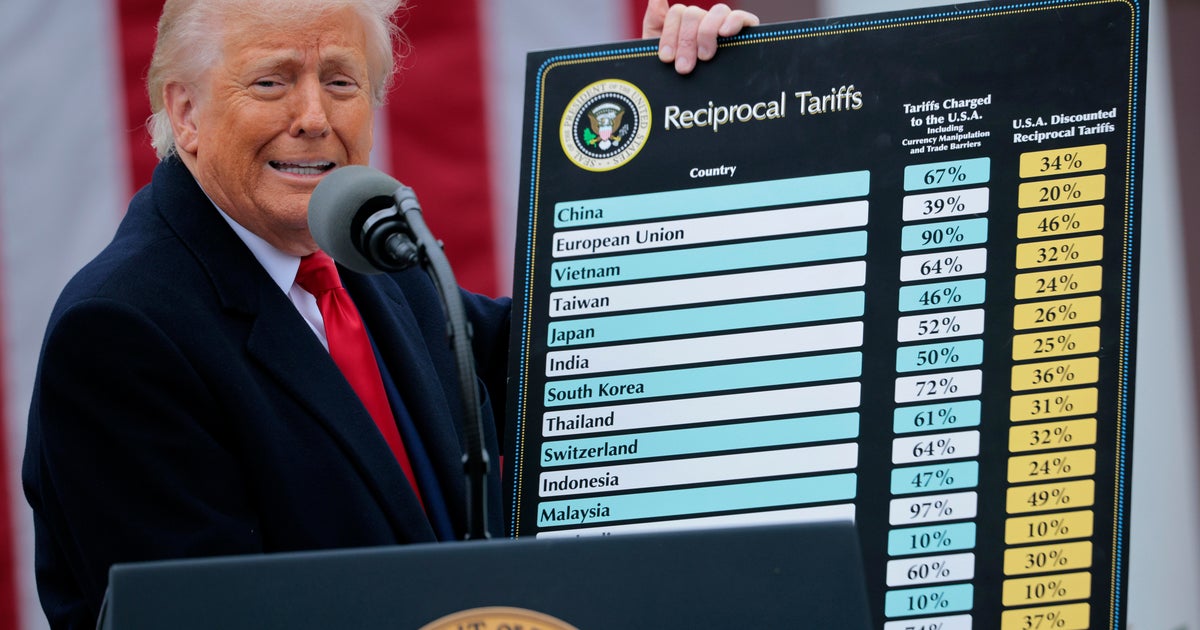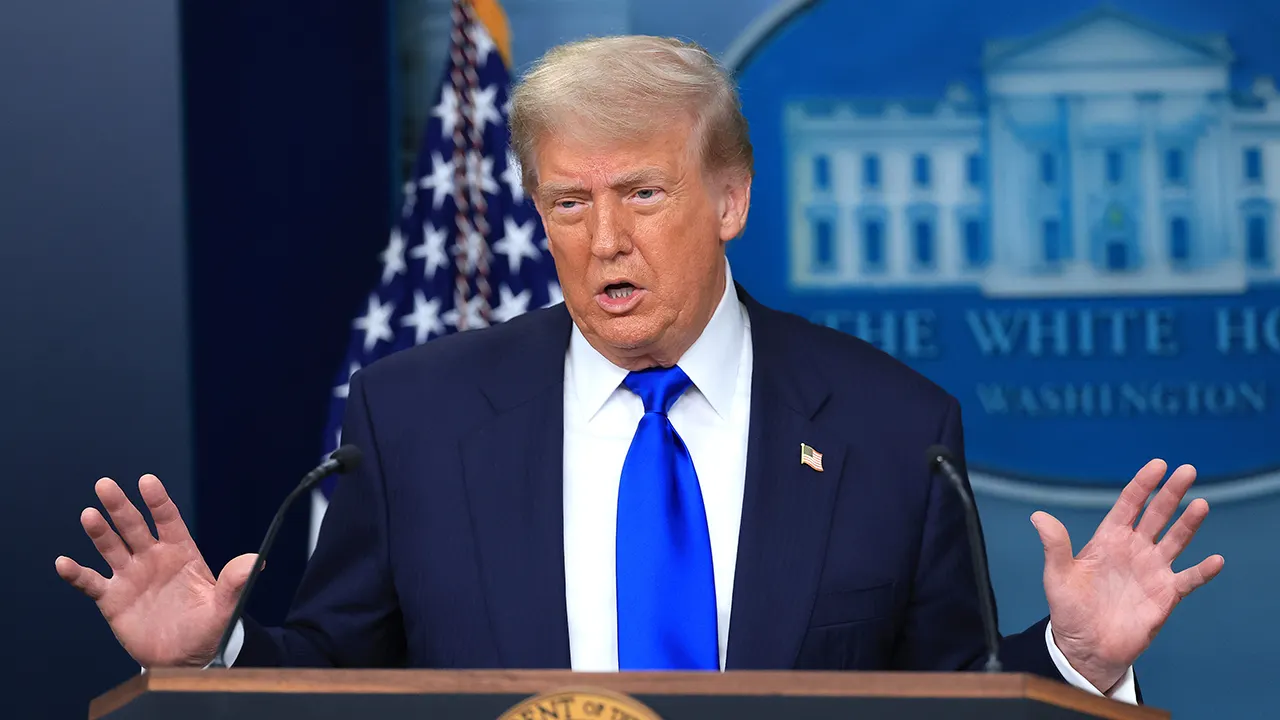Trump Administration Appeals Tariff Legality to Supreme Court, Citing Billions at Stake
The Trump administration appealed to the Supreme Court to overturn lower court rulings declaring its tariffs illegal, arguing the President exceeded authority. Billions in refunds and economic stability are at stake.
Subscribe to unlock this story
We really don't like cutting you off, but you've reached your monthly limit. At just $5/month, subscriptions are how we keep this project going. Start your free 7-day trial today!
Get StartedHave an account? Sign in
Overview
- The Trump administration has appealed to the Supreme Court to overturn lower court rulings that declared many of its tariffs illegal, challenging the President's authority under a 1977 act.
- Solicitor General D. John Sauer requested an expedited Supreme Court review, emphasizing that these lower court decisions disrupt sensitive diplomatic trade negotiations and foreign policy.
- Legal experts warn that striking down these tariffs could compel the U.S. government to refund billions of dollars, highlighting the significant financial implications of the court's decision.
- The tariffs, which had generated $159 billion by late August, will remain in effect until at least October 14th, pending the Supreme Court's intervention.
- Critics argue these tariffs raise consumer costs and harm businesses, while President Trump claims refunding them could lead to economic depression.
Report issue

Read both sides in 5 minutes each day
Analysis
Center-leaning sources frame this story by emphasizing the negative economic and diplomatic consequences of the tariffs, using evaluative language to describe their impact. They highlight the "erratic rollout" and the "battered" state of small businesses, collectively shaping a narrative that underscores the policy's disruptive effects and the challenges it faces.
Articles (20)
Center (8)
FAQ
President Trump relied on the International Emergency Economic Powers Act (IEEPA) of 1977, which allows the president to act in response to unusual and extraordinary threats to national security, foreign policy, or the economy by regulating importation or exportation when a national emergency is declared.
Lower courts ruled the tariffs illegal because they found that the President exceeded his authority under IEEPA; specifically, the statute does not explicitly grant the power to impose tariffs or taxes, which is a power reserved for Congress under the Constitution.
If the tariffs are struck down, the U.S. government could be compelled to refund billions of dollars already collected, with estimates mentioned between $750 billion and $1 trillion, potentially causing significant economic disruption.
The Trump administration requested that the Supreme Court expedite its review, with a decision on granting review sought by early September 2025 and oral arguments proposed for early November 2025.
Critics argue that the tariffs raise consumer costs and harm businesses, and that imposing or refunding these tariffs could lead to broader economic problems. The administration warns, however, that refunding the tariffs could cause economic depression.
History
- 2M

 6 articles
6 articles
- 2M

 9 articles
9 articles

